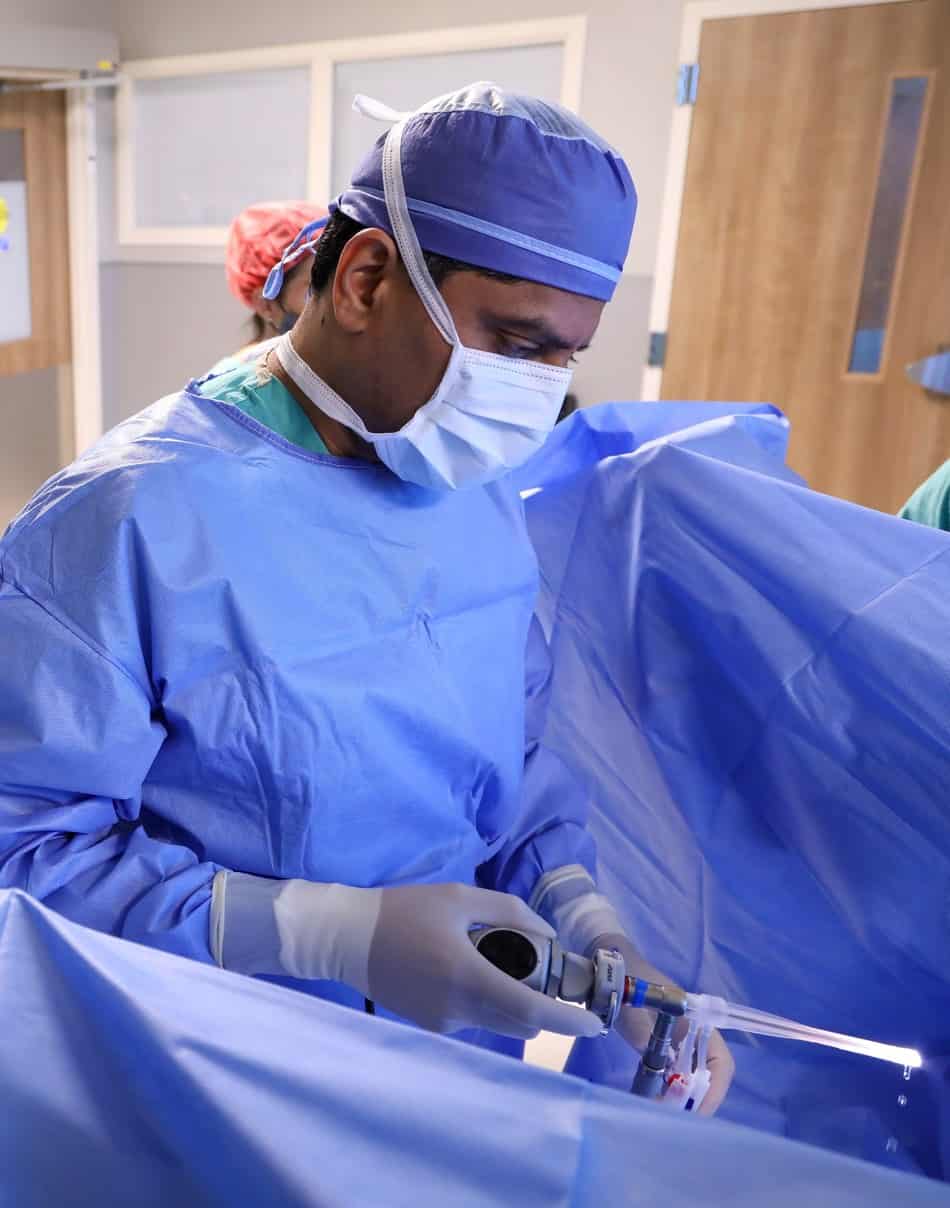Weight loss surgery is one of those health topics that can confuse a lot of people. There are many misconceptions as to what it is, what it does,
Weight loss surgery is one of those health topics that can confuse a lot of people. There are many misconceptions as to what it is, what it does, and who it is suitable for. We’ve put together all the information you need to know about weight loss surgery, so you can understand it more and figure out if this is something you need to even be concerned about.
What is weight loss surgery?
Weight loss surgery is sometimes referred to as bariatric surgery. In actuality, it refers to a group of surgeries that can be performed on you by a qualified surgeon. Two of the main surgeries are mentioned on drmjaber.com.au: sleeve gastrectomy and a gastric bypass. There is a third, and it is called a gastric band.
All types of weight loss surgery are designed to help you lose weight more effectively than before. Here’s a brief rundown of what each one focuses on:
- Sleeve gastrectomy – this involves the removal of part of your stomach, so you feel fuller sooner and can’t eat as much food as before.
- Gastric bypass – this is where the top part of your stomach is joined to the small intestine. Again, it makes you feel fuller sooner, but also prevents you from absorbing as many calories from food, further aiding your weight loss.
- Gastric band – this involves placing a band around your stomach that helps you feel fuller quicker. Thus, you stop eating as much food.
As you can see, all weight loss surgeries focus on restricting your appetite in one way or another, so you can continue to lose weight naturally.
Is liposuction considered weight loss surgery?
No, it is a fat reduction method. The big difference between liposuction and weight loss surgery is that liposuction actively removes fat cells from the body. Bariatric surgery is more focused on making it easier for you to lose a significant amount of weight.
When is weight loss surgery a good idea?
You don’t need to undergo any surgery to lose weight. However, these surgeries are mainly aimed at overweight or obese people. It is found that undergoing weight loss surgery can help an obese person lose a lot of weight through dieting alone. This can bring them down to a safer BMI to start exercising and losing more weight. For a lot of people in this situation, overeating is the main cause of weight gain. As such, these surgeries help to prevent that.
This is where liposuction and other fat removal methods differ as they are mainly aimed at ‘healthy’ people who are struggling to lose the last bits of fat from an area of their body.
In conclusion, weight loss surgery isn’t essential, but it can be helpful if you are severely overweight and struggling to shed some pounds. It revolves around altering your digestive system to restrict your eating habits and reduce the calories you take in. Don’t expect to instantly lose all your weight after the surgery; the effects are gradual and you still need to follow a healthy diet and maintain your activity levels to lose weight.

COMMENTS